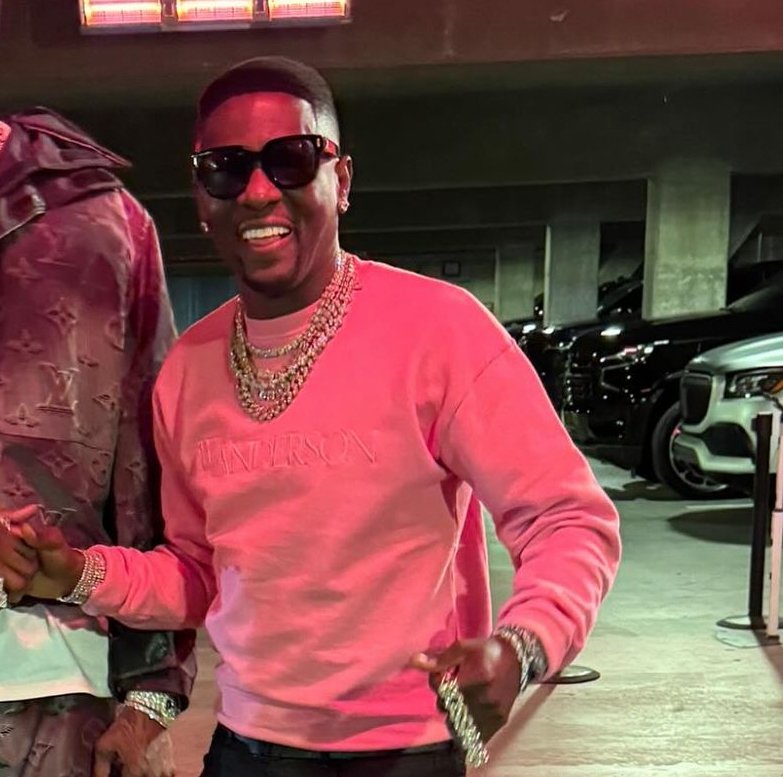In the midst of a legal battle, rapper Boosie finds himself responding to accusations of being a snitch after filing a lawsuit. The controversy stems from the complex intersection of street credibility and one's legal rights.
Boosie, whose legal name is Torrence Hatch, recently took legal action against an undisclosed party, sparking criticism from some who question the rapper's adherence to street codes. In response, Boosie maintains that seeking legal recourse does not equate to betrayal or snitching, emphasizing the importance of addressing disputes through lawful means.
The rapper, known for his unfiltered and outspoken nature, took to social media to address the accusations directly. He argues that utilizing the legal system to resolve conflicts is a legitimate course of action and should not be misconstrued as compromising one's principles.
This controversy sheds light on the broader conversation within the hip-hop community about the thin line between street authenticity and navigating the legal landscape. Boosie's case serves as a backdrop to explore the challenges artists face when attempting to balance street credibility with their right to seek justice through legal channels.
As the lawsuit unfolds, the narrative around Boosie's decision to take legal action will undoubtedly provoke discussions about the evolving dynamics of hip-hop culture, the stigma surrounding legal involvement, and the complexities artists face when entangled in legal disputes.










